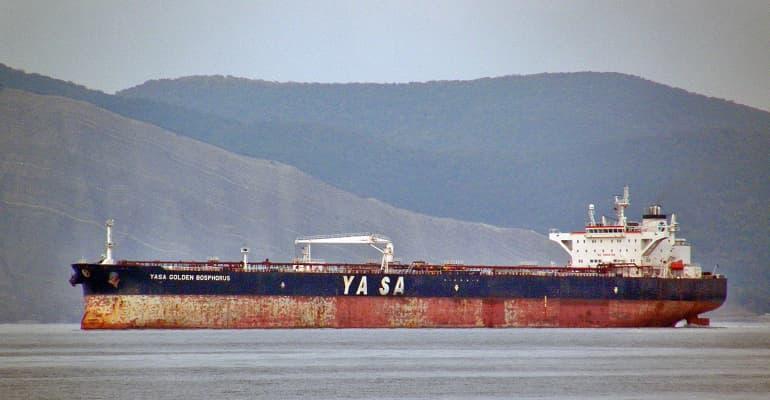The U.S. government (in particular the Office of Foreign Asset Control, or OFAC) has become much more savvy about maritime practices over the past year, especially when it comes to movements of crude oil and products. It has now taken a further step in its actual enforcement of price caps on Russian oil.
Two owners, Turkey’s Ice Pearl Navigation SA, owner of the LR2 Yasa Golden Bosphorus, and the Dubai based owner of the Suezmax SCF Primorye, previously in the Sovcomflot fleet, have been sanctioned for moving Russian crude at prices above the $60/barrel cap- with the impact of blocking access to funds tied to the companies in the U.S. As detailed by OFAC, “…all property and interests in property of the persons above that are in the United States or in the possession or control of U.S. persons are blocked and must be reported to OFAC. In addition, any entities that are owned, directly or indirectly, 50 percent or more by one or more blocked persons are also blocked.”
In describing the addition of the two owners to the “Blocked List”, the law firm Seward & Kissel, based in New York, said that: “OFAC <had noted> that both of these vessels had used U.S.-based service providers while transporting the Russian origin oil out of compliance with the price cap policy.” The identities of these service providers were not specified.
At the same time and coinciding with its tagging of the two tanker-owners, OFAC, included in the Price Cap Coalition, which consists of the G7 (which includes the United States), the European Union, and Australia, also issued a new publication. Its Advisory for the Maritime Oil Industry and Related Sectors: Best Practices in Response to Recent Developments in the Maritime Oil Trade, comes 13 months after the initial preliminary guidance on price cap related sanctions from the OFAC.
In describing the new publication, Seward & Kissel said: “While the recommendations do not have the force of law, the best practices contained in OFAC’s advisory will help industry stakeholders reduce their exposure to risks associated with the maritime oil trade, including potential civil and regulatory consequences…” They add that: “OFAC’s advisory and the sanctions imposed reflect that OFAC continues to police the maritime oil trade in order to ensure compliance with the Russian oil price cap. All providers of covered services subject to U.S. jurisdiction should evaluate their compliance and due diligence processes to ensure that they are adequately mitigating these risks.”
Seward & Kissel reiterated the guidance to service providers contained in the new publication, which include:
- Require appropriately capitalized P&I insurance
- Receive classification from an International Association of Classification Societies (IACS) member society
- Best-practice use of Automatic Identification Systems (“AIS”)
- Monitor High Risk Ship-to-Ship Transfers
- Request Associated Shipping and Ancillary Costs
- Undertake Appropriate Due Diligence
- Report Ships that Trigger Concerns
As noted in the advisory (perhaps in line with recent concerns that the price caps have lacked efficacy), “A ‘shadow’ trade has become more pronounced, often involving actors and cargo affiliated with countries and persons subject to sanctions or associated with other illicit activity. This shadow trade is characterised by irregular and often high-risk shipping practices that generate significant concerns for both the public and private sectors.”
Clearly, the days when providers of services in, for example, the insurance or ship brokerage realms, did not delve into their clients’ commercial or operational practices (the look into shipping costs, and doing due diligence), are rapidly becoming a thing of the past.
Resources: The recent Advisory from the Price Cap CoalitionCopyright © 2024. All rights reserved. Seatrade, a trading name of Informa Markets (UK) Limited.
Add Seatrade Maritime News to your Google News feed.  |

